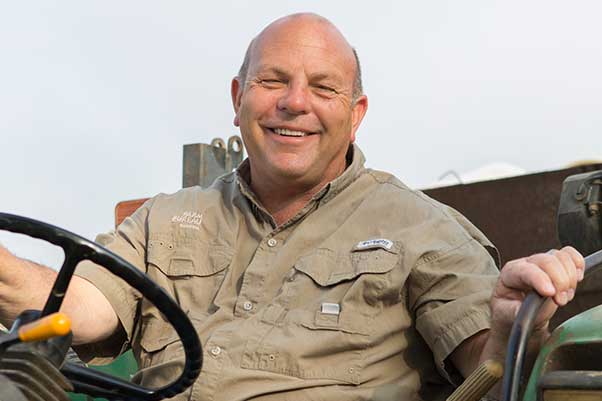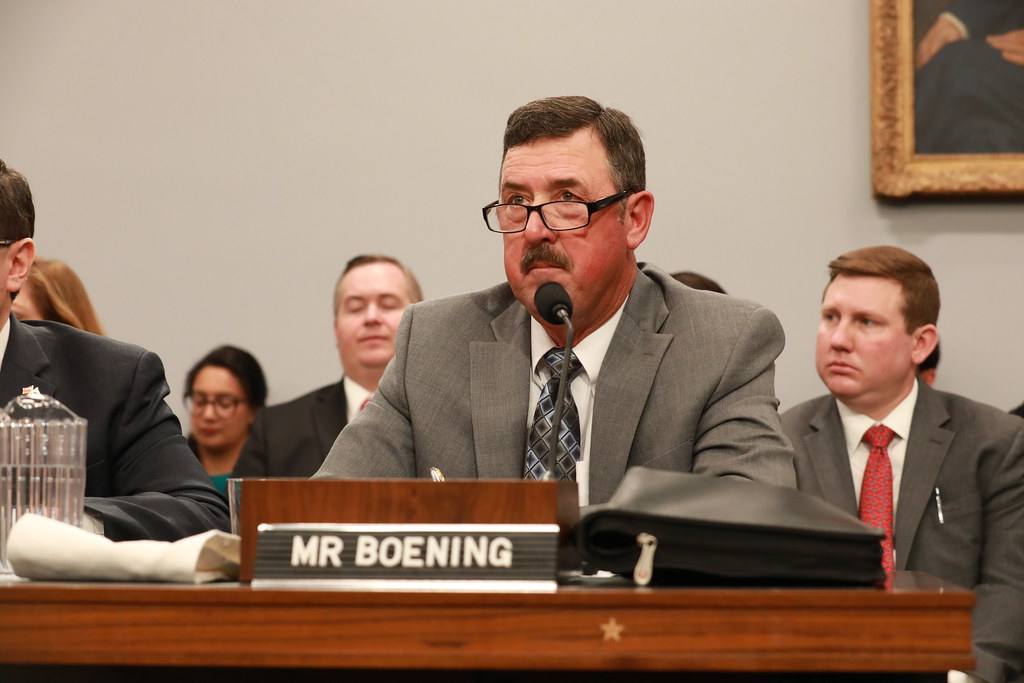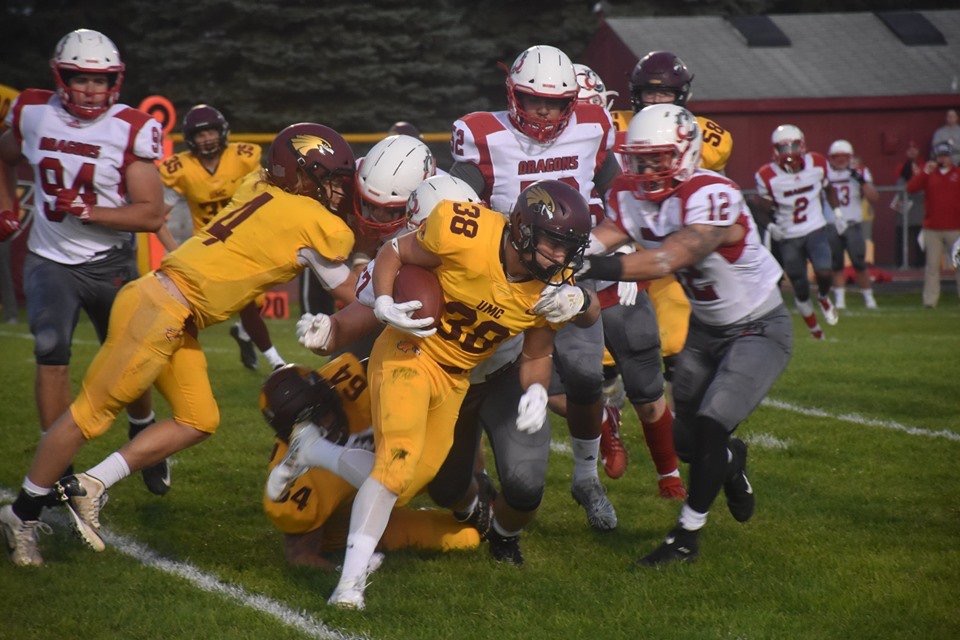Southern border farmers are afraid of being overwhelmed. The wide-open southern border of the United States has been a political hot potato for some time. Ag reporters found out how serious the problem is during a press conference called by the American Farm Bureau. Zippy Duvall, the organization’s president, took a tour of farms along the southern border and was appalled at what he saw there.

The tour came about because the American Farm Bureau got alerted by some of their state Farm Bureau organizations that sit on the border, including Texas, Arizona, and New Mexico, about the challenges farmers are facing. They wrote to the national headquarters asking for help because the situation is quickly getting out of control.
“A couple of months ago, the state Farm Bureaus reached out to me expressing the need for some help with the issues they’re facing along the border,” Duvall said during a recent press conference. “Because of that, we put together a letter to President Biden about our concerns.”
It shows how seriously Farm Bureau is taking the problem when all 50 state Farm Bureaus and the Puerto Rican Farm Bureau quickly signed on to the letter. The letter resulted in a phone call between the Farm Bureau state presidents and representatives from the administration to talk about the problems.
Once that phone call ended, Duvall decided the next step was to get a look at what was happening there. He’s always enjoyed getting out at the grassroots level and hear what’s happening on the nation’s farms. Duvall says emphatically that he’s “seen how serious the situation is for American farmers” along the border, calling it heartbreaking.
“Of course, they’ve experienced people coming across our border for decades,” he said. “But it’s never been at the level we see today. Our farmers and ranchers are worried about their safety, as well as the safety of their families and employees. They’re worried about the security of their property, including their farm machinery and equipment.”
Several farmers along the border have had their homes looted, their fences torn down numerous times, which costs a lot of money to fix, and their water sources have been tampered with and compromised. He says it’s a humanitarian crisis that needs attention immediately.
“The serious problem isn’t just affecting the lives of our farmers and ranchers: it’s also hurting many people coming across the border,” Duvall said. “We’ve heard discussions about farmers and ranchers who found dead bodies on their operations. Not everyone who comes over the border survives the journey.
“It’s been heartbreaking to see and experience everything over the last couple of days,” Duvall added.
Duvall went through Texas with Russell Boening, the Texas State President. As a farmer living in a state along the southern border, Boening said they’ve never seen an influx of people like they’re seeing in 2021.

“We went through McAllen, which is down in the Valley of Texas, and then we went upriver to Del Rio,” Boening said. “Those are two different areas facing different issues because of the same problem.
“The vast majority of people coming into McAllen include family units, unaccompanied minors, all of whom are turning themselves in to Border Patrol Agents and other authorities,” he said. “The number is overwhelming the capability of the Border Patrol to process and keep track of them to service their basic needs. And what do you do when these folks come in with COVID?”
Boening said the local NGOs are trying to set up places for people who have COVID to stay. The problem is they don’t have to stay at those places. They are “encouraged” to stay, but they aren’t required to. Multiple people are carrying COVID into the country unabated.
The situation is a little different in Del Rio, Texas. Some people are coming in seeking asylum. However, many of them are trying not to get caught. Those folks are sneaking through people’s property, including many farms and ranches.
“It’s a different demographic of people coming through the Del Rio area,” Boening said. “They’re in larger numbers and much more aggressive, often carrying backpacks and wearing camouflage.
“There’s the humanitarian issue of some folks who don’t make it where they’re trying to go,” he added. “They often run out of water, or the energy needed to finish the journey. Sometimes they’re found alive, but many times they aren’t.”
The Sheriff in Hidalgo County, where McAllen is located, put it simply: “This is not sustainable.”
Boening says there’s a sense of fear, desperation, and helplessness among the officials trying to deal with the situation along the border.
Craig Ogden, President of the New Mexico Farm Bureau, also says there’s a sense of desperation in New Mexico. Law enforcement officials, including the Border Patrol, are in desperate need of resources.

“Technology is available to put out sensors along the border, but they need funds to make those purchases,” Ogden said. “They need a lot of resources, and you can feel the frustration of these people just trying to do their jobs.
“This is an ongoing problem that needs to be addressed and can’t be kicked down the road anymore,” he added. “Don’t forget this is also a biosecurity concern, including diseases carried by people entering the country and that can go back and forth among humans and livestock.”
So, what is Farm Bureau’s message? Duvall said it’s time for Washington, D.C., to start securing the nation’s border.
“That’s what my message is to Congress and the administration,” Duvall said. “It’s time to uphold the laws of the land. It’s close to getting out of hand.”


